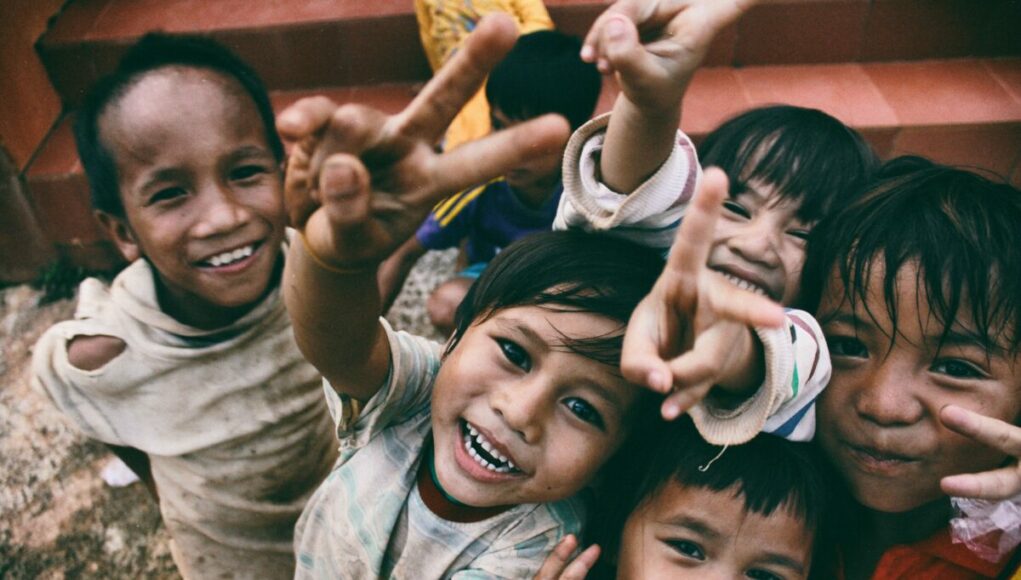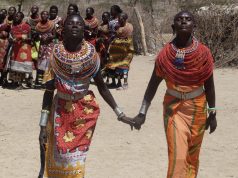INSIGHT by PAX, Amnesty International, Save the Children and Oxfam Novib
| The evaluation by the Independent Monitoring Committee of the Dutch Banking Sector Agreement on Human Rights (DBA) underlines the need for clear legislation to ensure that banks and companies operate with respect for human rights. This is the opinion of civil society organizations Oxfam Novib, PAX, Amnesty International and Save the Children, which were involved in the DBA, in response to the final report of the Committee.
The committee states in its final report that it cannot be determined “whether and if so how, the DBA has led to real change on the ground for individuals and communities”. This painful conclusion is mainly due to the refusal of banks to provide transparency about their business clients and how they try to prevent human rights violations or intervene when things go wrong. “Invalidly” and with “a lack of ambition”, banks and the Dutch government are hiding behind arguments to leave the status quo intact, according to the Committee.
Dutch banks such as ING, Rabobank and ABN AMRO, the government, trade unions and civil society organizations Amnesty International, Oxfam Novib, PAX and Save the Children were part of this agreement. It is the first of several agreements promoting International Responsible Business Conduct (IRBC agreements) to come to an end.
Michiel Servaes, director of Oxfam Novib and spokesperson on behalf of the four organizations, commented: “When our organizations and the banks signed this agreement in 2016, we jointly had the ambition to achieve visible results for people in developing countries within three years. The banks are now publishing better reports, but efforts to tackle specific abuses in developing countries have failed. The victims of human rights violations won’t have their rights respected by writing a few beautiful reports. Things really need to change for people who are the victims of wrongful practices.”
The criticism of the banks in the final report of the Independent Monitoring Committee is harsh. For example, the report finds that Dutch banks publish better reports than three years ago, but when it comes to their business relationships in countries where human rights are violated, they hold their cards close to their chests. Banks too often rely on client confidentiality to avoid providing insight into their dealings with other business, the Committee finds. The closed attitude of the banks towards civil society organizations has undermined the trust between the parties to the Agreement.
The Dutch government, which has been advocating the introduction of IRBC agreements since 2013, is also blamed, according to the Monitoring Committee. The Dutch government has a responsibility in a UN and OECD context to actively encourage Dutch companies to respect human rights, within and beyond their borders. On the basis of this, the NGOs had expected that the government would show more ambition and leadership in this Agreement. By relying too much and too long on voluntary action and promises on paper from banks and companies, the government has avoided its responsibility. Unfortunately, no response has been given to signals and requests from the NGOs to put more political pressure on the participants during the term of the Agreement.
Servaes concludes, “If the government really wants progress, it should stop watching from the sidelines and introduce legislation that forces companies like banks to take their responsibility. In the meantime, we continue to urge the banks to change and are open to credible and concrete solutions.”
| download the full report here
| about
The Dutch Banking Sector Agreement is an agreement concluded in 2016 between the Dutch government (BUZA and MinFin), Dutch banks (such as ING, Rabobank and ABN AMRO), the Dutch Banking Association (NVB), the trade unions FNV and CNV and four NGOs: Amnesty International, Oxfam Novib, PAX and Save the Children. The Agreement is the second IRBC Agreement that has been signed and it is the first to be fully completed. The Agreements were established in 2013 by the then-Minister Ploumen for Foreign Trade and Development Cooperation as part of the policy paper ‘What the world deserves: A new agenda for aid, trade and investment’
| All opinions expressed are those of the author. investESG.eu is an independent and neutral platform dedicated to generating debate around ESG investing topics.








